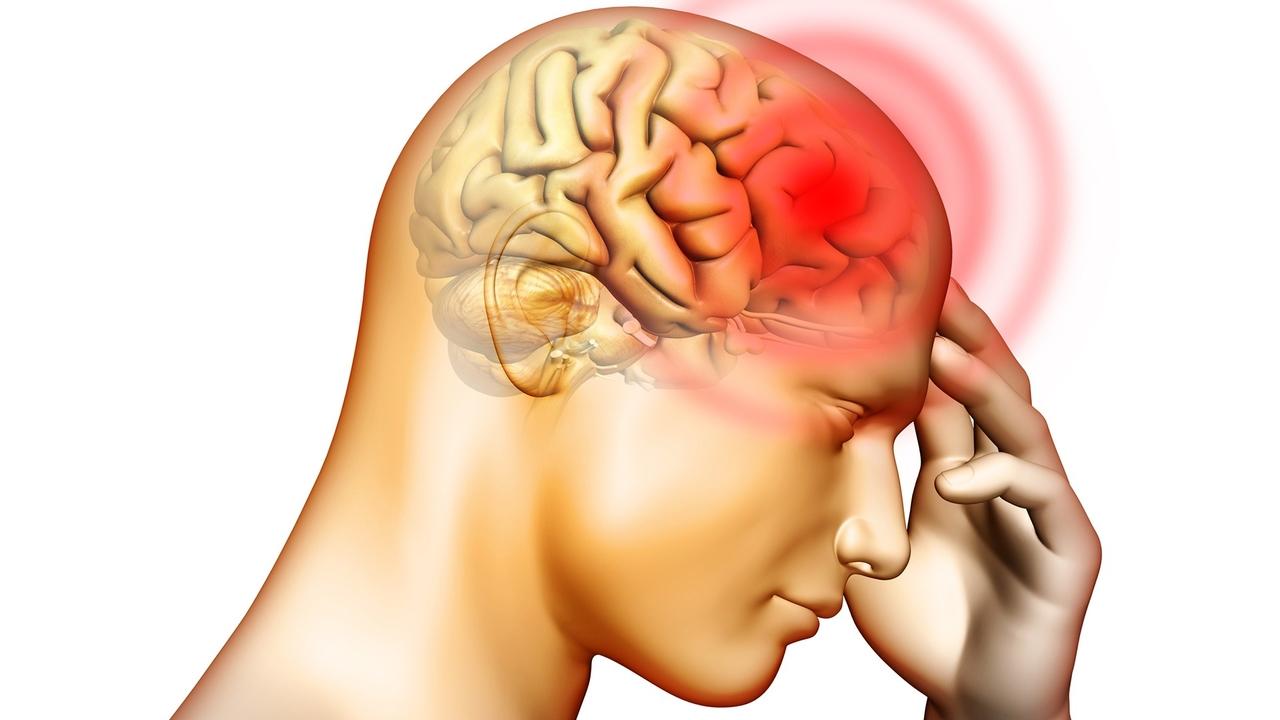Inflammation in Depression

Much of my writing and teaching is devoted to the compelling literature around inflammatory models of depression and mental illness. In this model, inflammation is the driving force behind the symptoms that we try to squash with medications. Through this lens, one must consider, what is driving inflammation? How is it affecting cellular processes (mitochondria and oxidative stress), organs, and hormonal signaling? The most recent study to contribute to this important approach to mind-body wellness appeared in Translational Psychiatry this month.
- In this study, researchers recruited 47 medication-free (some as little as one week) melancholic depressive inpatients and assessed their levels of identified genes in a population of white blood cells called monocytes.
- They found that 34 of the 47 inflammatory genes were upregulated and 2 downregulated. Upregulated genes correlated with blood levels of known cytokines relevant to inflammatory states.
- Downregulated genes were related to a glucocorticoid receptor which represents decreased response to this stress hormone leading to increased activity of the hypothalamic pituitary axis or HPA axis. This is a hormonal phenomenon called resistance.
Consider modifying known drivers of inflammation such as eliminating sugar and refined carbs, modifying stress through meditation, and exercise.
Read the study here.
Want to continue reading?
Enter your details below to read more and receive updates via email.









